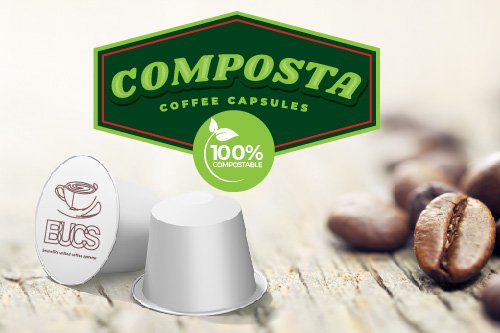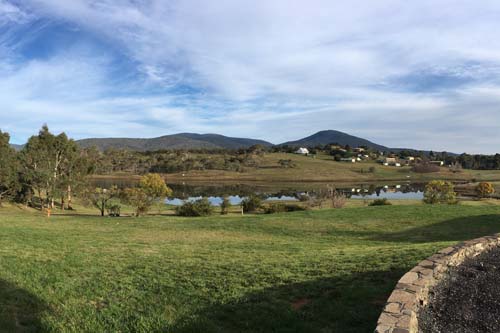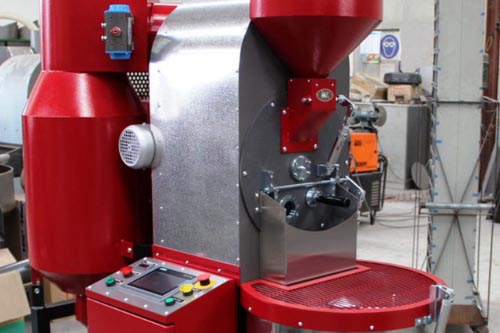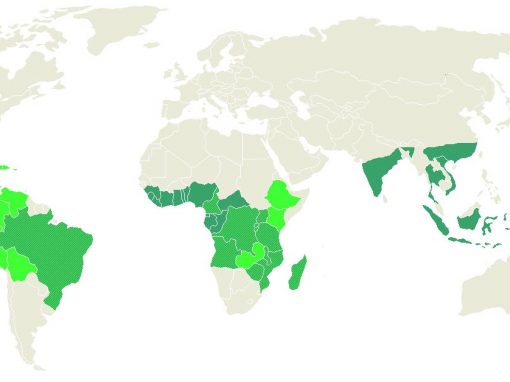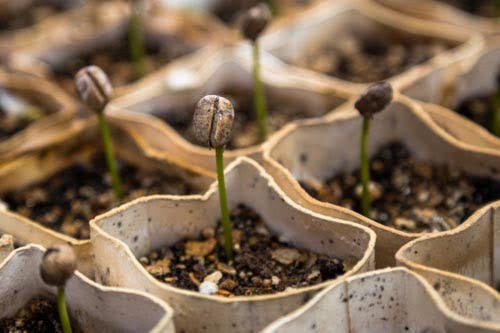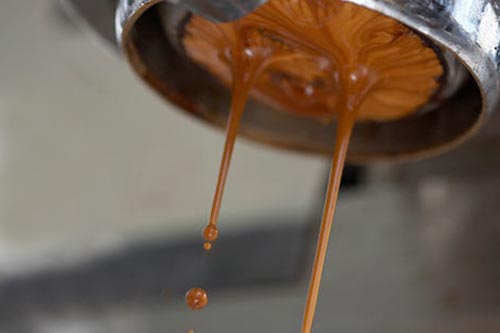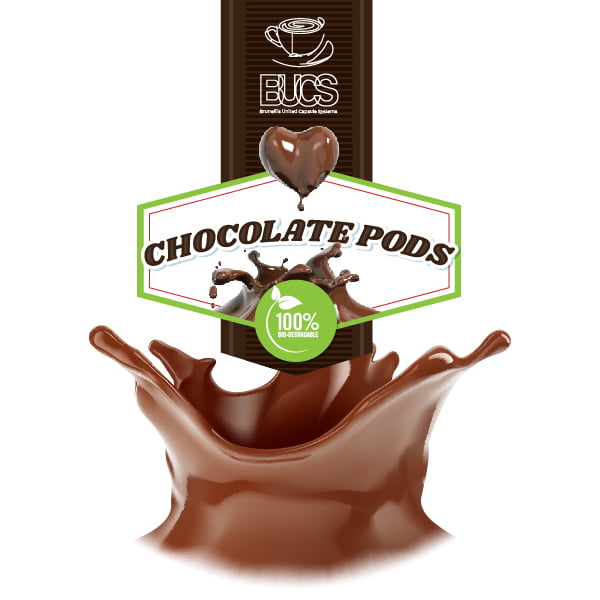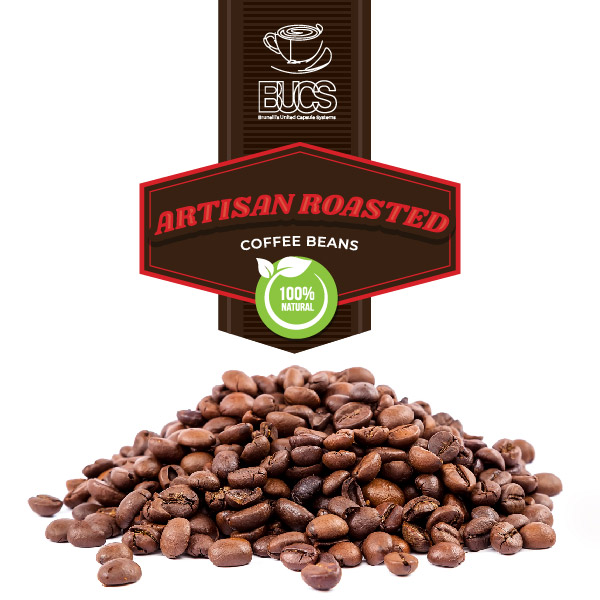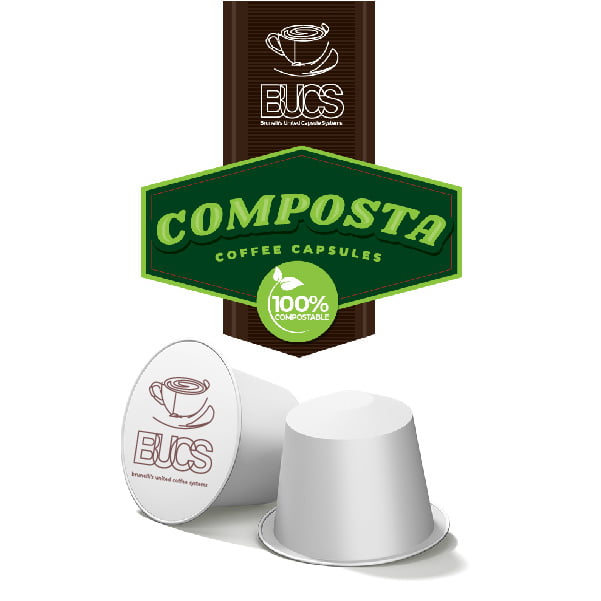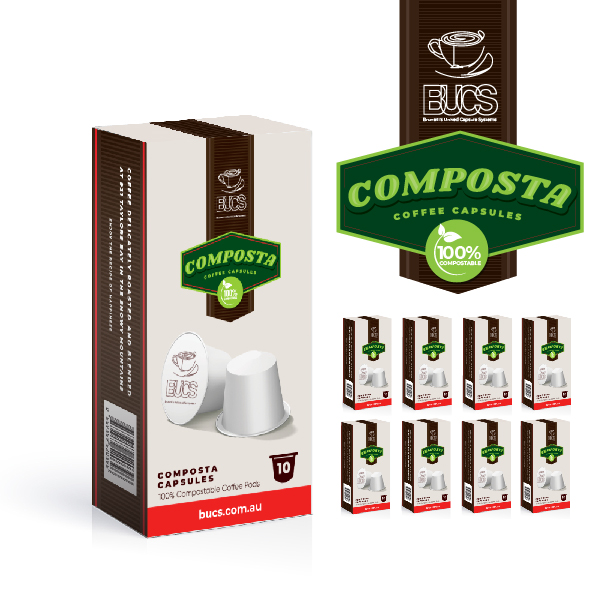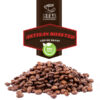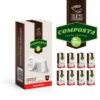Benefits of Organic Coffee
from coffeeresearch.org
Organic coffee beans are coffee beans that have been produced without the use of pesticides or herbicides. This is both beneficial to both the producer and the consumer. However, non-organic coffee is typically higher yielding because it is not usually shade grown. The definition of certified organic coffee can be extended to include an emphasis on recycling, composting, soil health, and protection of the environment. These are important aspects to sustainability that are both cost effective and socially responsible. That is why organic fair trade coffee and organic shade grown coffee often go hand in hand.
Sustainable coffee
from ACTA website
Sustainable coffee is the sector with the largest growth in the coffee industry. Its annual growth rate of between 10% and 20% exceeds the increases recorded for general worldwide consumption which in the last 20 years has increased approximately 1.2% annually. It even exceeds the ‘specialty coffee’ category which has been increasing between 5% – 10% per year. These figures however, should be seen in the context that world production year ending 2003 was approximately 6.5Million MT of which totally sustainable coffees made up at 85,000MT or 1-1.5% of total production. Both Rainforest Alliance and Fair Trade coffees are now available in Australia.
Rainforest Alliance
This organization has been international known for certifying sustainable timbers and bananas, previously called ECO-OK. More recently they demonstrated that coffee could be produced in consultation with a number of social and environmental groups that was environmentally friendly. Their certification process it designed to promote and ensure improvements in agricultural practices to the benefit of workers on properties, farmers, consumers and wildlife. The certification standards cover all aspects of production including environmental protection, human wellbeing and economic vitality. The properties that comply with the standards, receive the certified i.e. Rainforest Alliance® certification of approval. This is a certification that may be used to market agricultural products, the program includes social and environmental standards and is characterised by being administered by a coalition of local groups that understand their culture, ecology, agricultural traditions and governments. Wildlife conservation is an integral part of the Rainforest Alliance sustainable system! Certified properties, in natural forest areas must maintain forest coverage by different species of native trees and vegetation which constitutes a habitat for birds, monkeys and numerous other species.
Fair Trade
Under the umbrella of OXFAM is an alternative approach to international trade which seeks to ensure that small scale farmers and plantation workers work under safe conditions and receive a fair price for their crops and labour. Fair Trade seeks to give producers in developing countries the skills they need to develop their businesses and maintain long term trading relationships that reward them for good quality.
The concept of Fair Trade has existed since the beginning of the 60’s beginning as a society of importers and non-profit retailers and small scale producers in developing countries who were, while fighting against low market prices and high dependence on middlemen, sought to market their goods directly into Europe. The Fair Trade Labelling Organisation (FLO) created in 1997, is an organisation grouping together Fair Trade initiatives that operate worldwide. The standards that are required include minimum requirements that producers must meet from which, in exchange, FLO ensures a fair price for their products and through the process requirements hopes that they will invest a part of the price received in economic, environmental and social development. The FLO standards need to be respected by producers, merchants, processors, wholesalers and retailers. There are basically two types of generic standards, one for small producers and another for workers on plantations and in factories. As importers and roasters in Australia, certification is a requirement with quarterly audit requirements to be met with FLO International. This audit trail enables coffee to be traced from farmer through to exporter and importer through to the eventual roaster
BUCS - taste the difference
Some Interesting Information For You!
